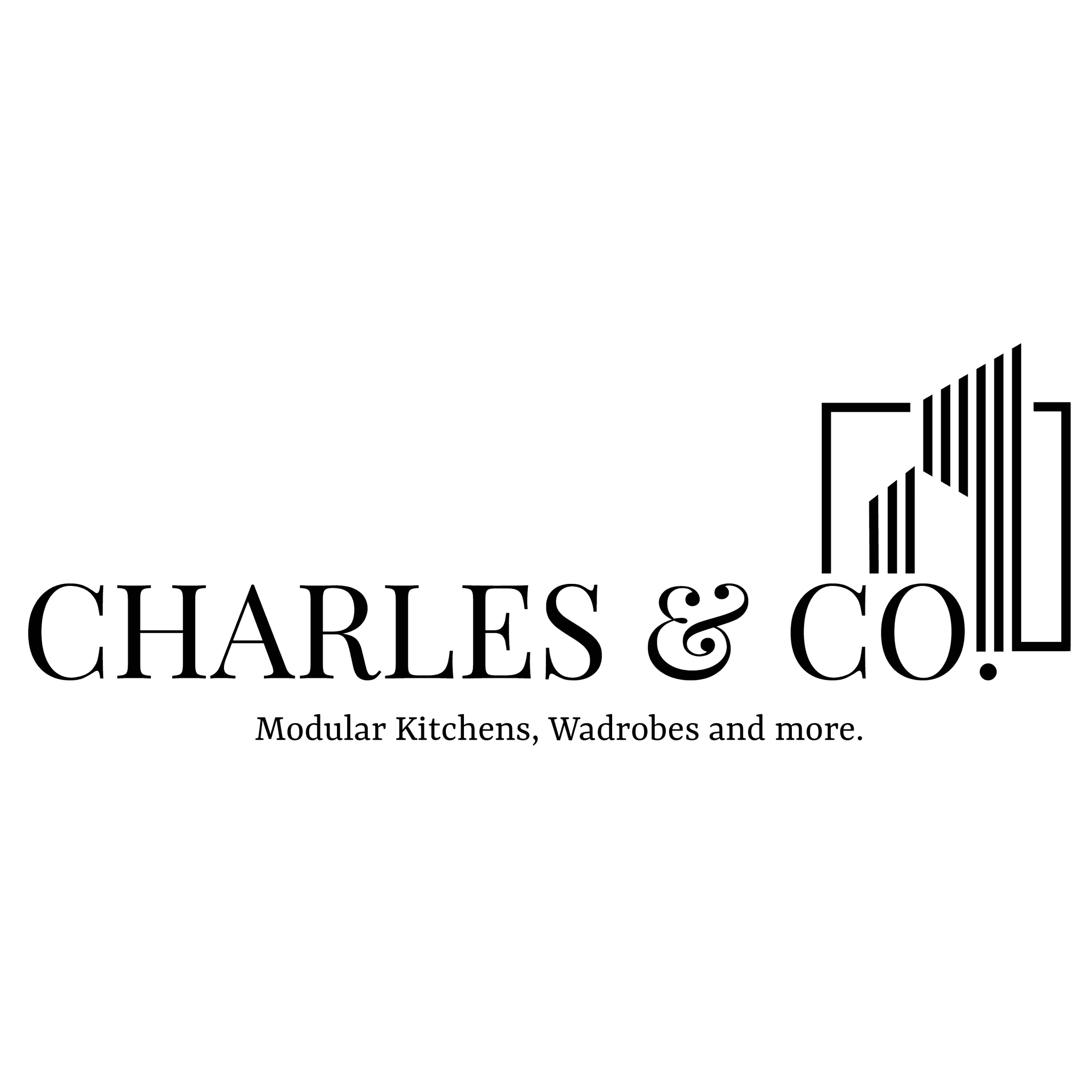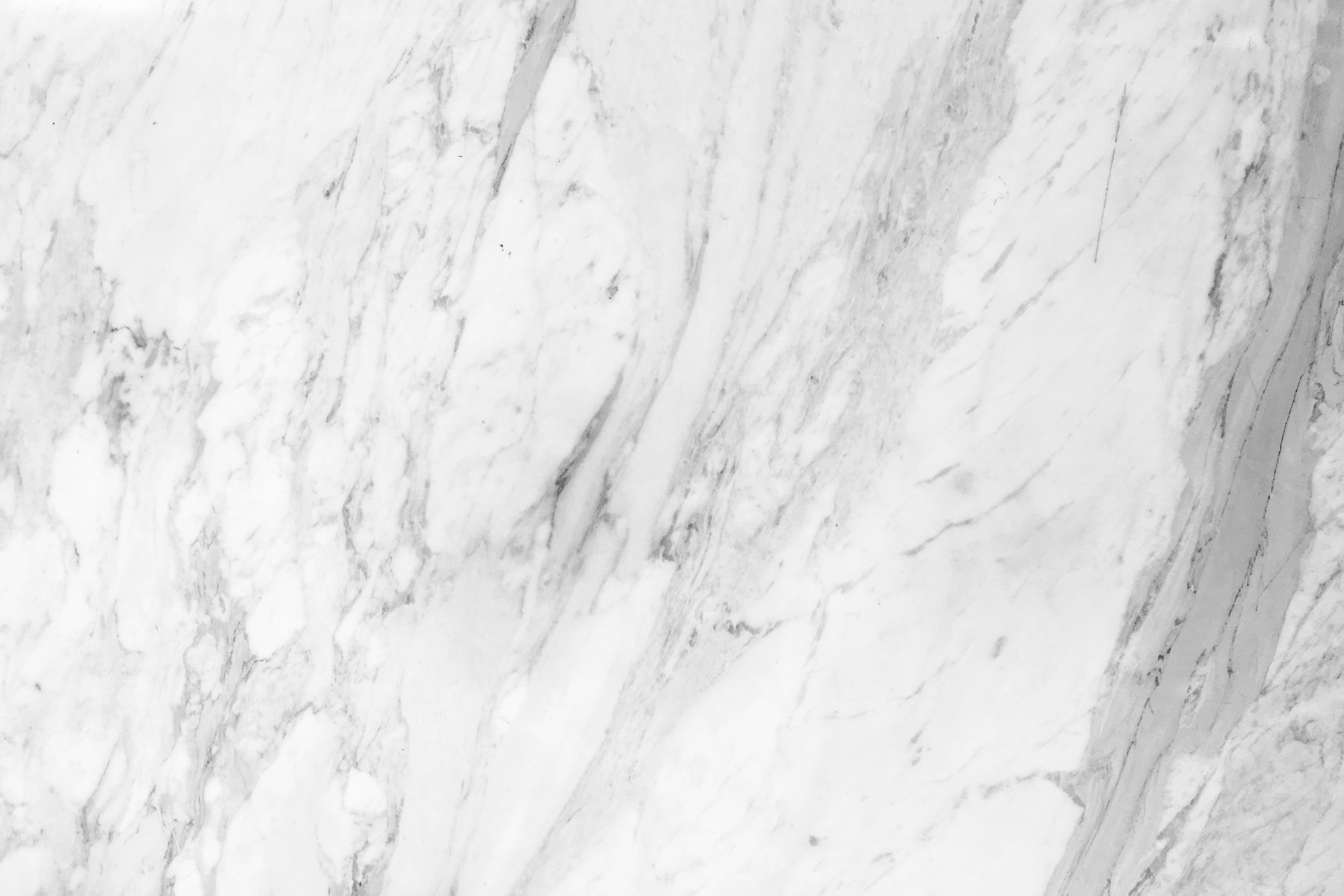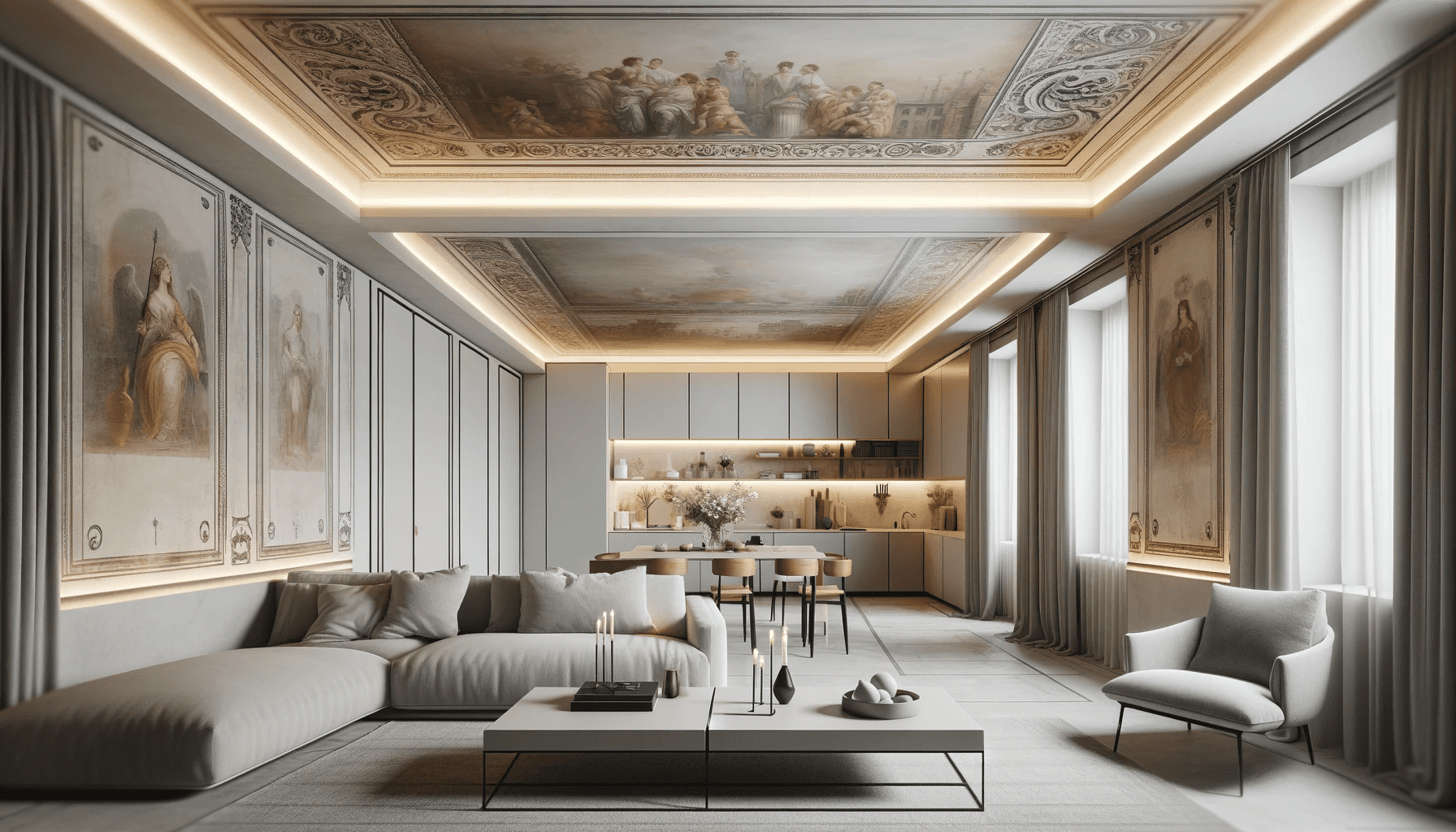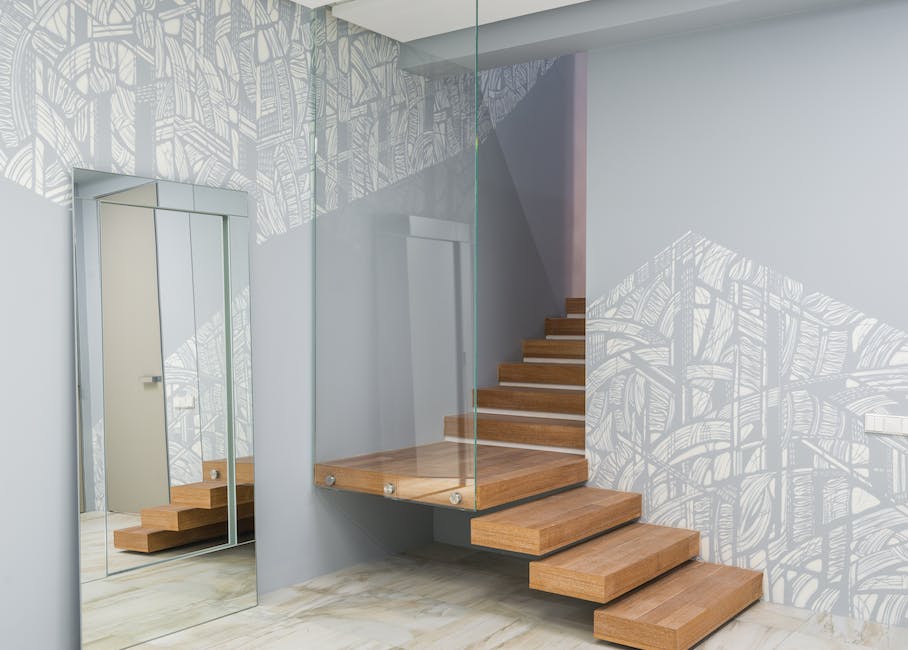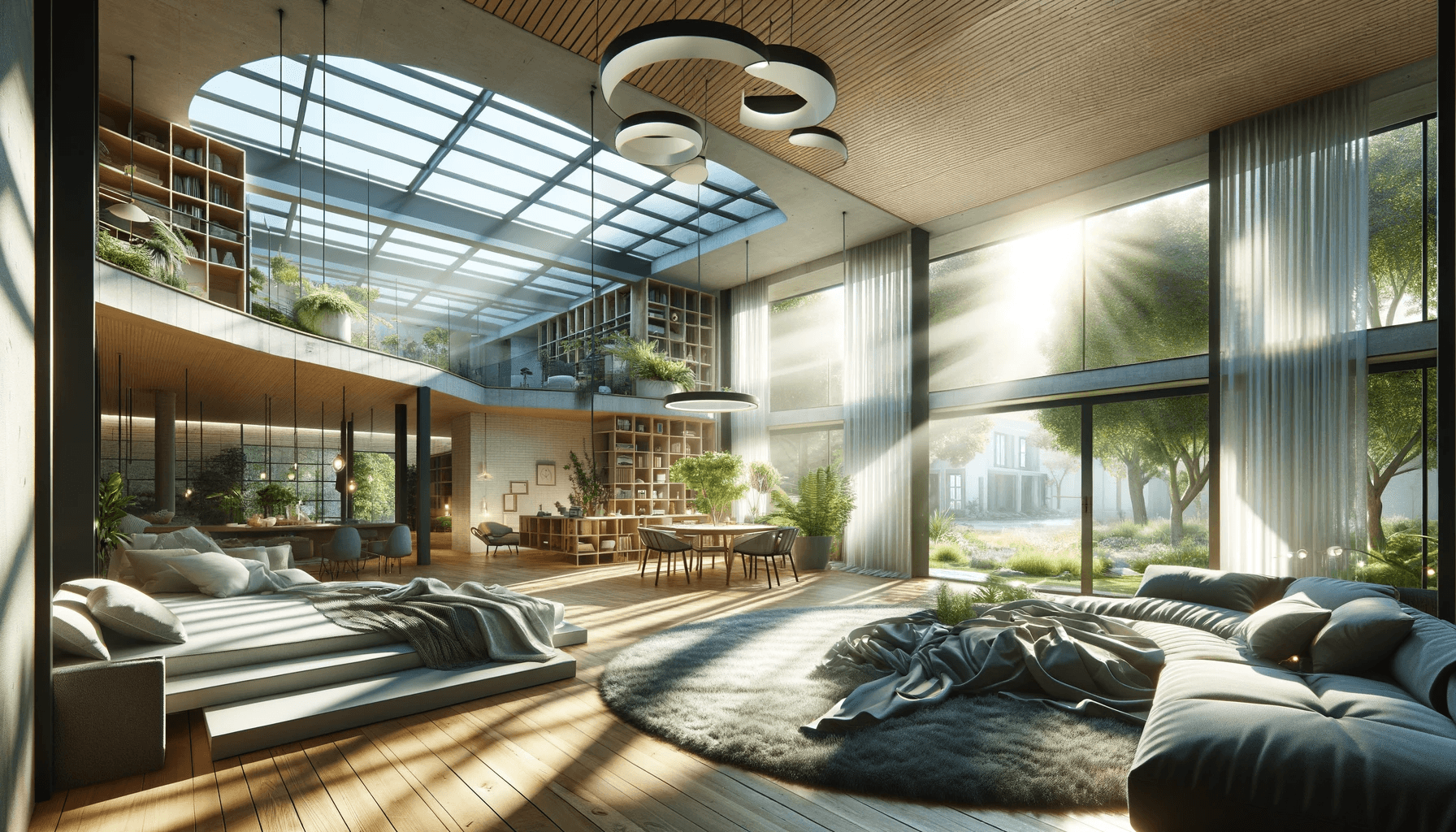Intelligent Design for Enhanced Living
Smart homes transform their interior designs, and incorporate functionality to enhance living areas. Smart homes rooms do not remain static, they adjust and adapt to peoples needs. Things like voice activated lighting, climate control that is automated, as well as alarm systems that can be controlled remotely are now becoming commonplace, blending seamlessly with design elements in order to provide a user friendly, responsive environment. Think of bright kitchens in which AI integrated appliances recommend recipes and can even heat ovens remotely, turning cooking into a more interactive interaction.
Balancing Aesthetics with Innovation
Stabilizing Aesthetics with Innovation. The problem in designing smart homes is integrating the latest technology, without degrading aesthetics. It is important to design environments that are not just technologically sophisticated, but also inviting and personal. The design elements, such as hidden technology like hidden speakers or chargers that are integrated, illustrate the way technology can be integrated in the fabric of interior design to maintain aesthetic harmony and enhancing functional.
Anticipating Needs: The Pinnacle of Smart Design
The most innovative aspect in smart houses is their ability to anticipate and adjust to residents preferences. Smart homes are not only controlled by manual switches as they adapt and learn according to individual preferences, including temperature and lighting, to choices for entertainment. Imagine bathrooms that instantly warm up early in the morning, or rooms that turn off the lights when it gets dark. This is fast getting into the realm of reality and changing the way people interact with their living space.
Conclusion: A New Era of Living
Integrating intelligent technologies into the design of interiors marks the start of a new age of home living. With the advancement of technology and improve, homes will be more comfortable, intuitive and adapted to the needs of each individual. Interior designers and technology innovators collaborate to drive this new era, designing spaces which are not just visually appealing but also smart as well as adaptable and ready for the next generation. The synergy is bringing the dawn of a new era in living in which homes become active entities that enrich the quality of life in all aspects of our living.
